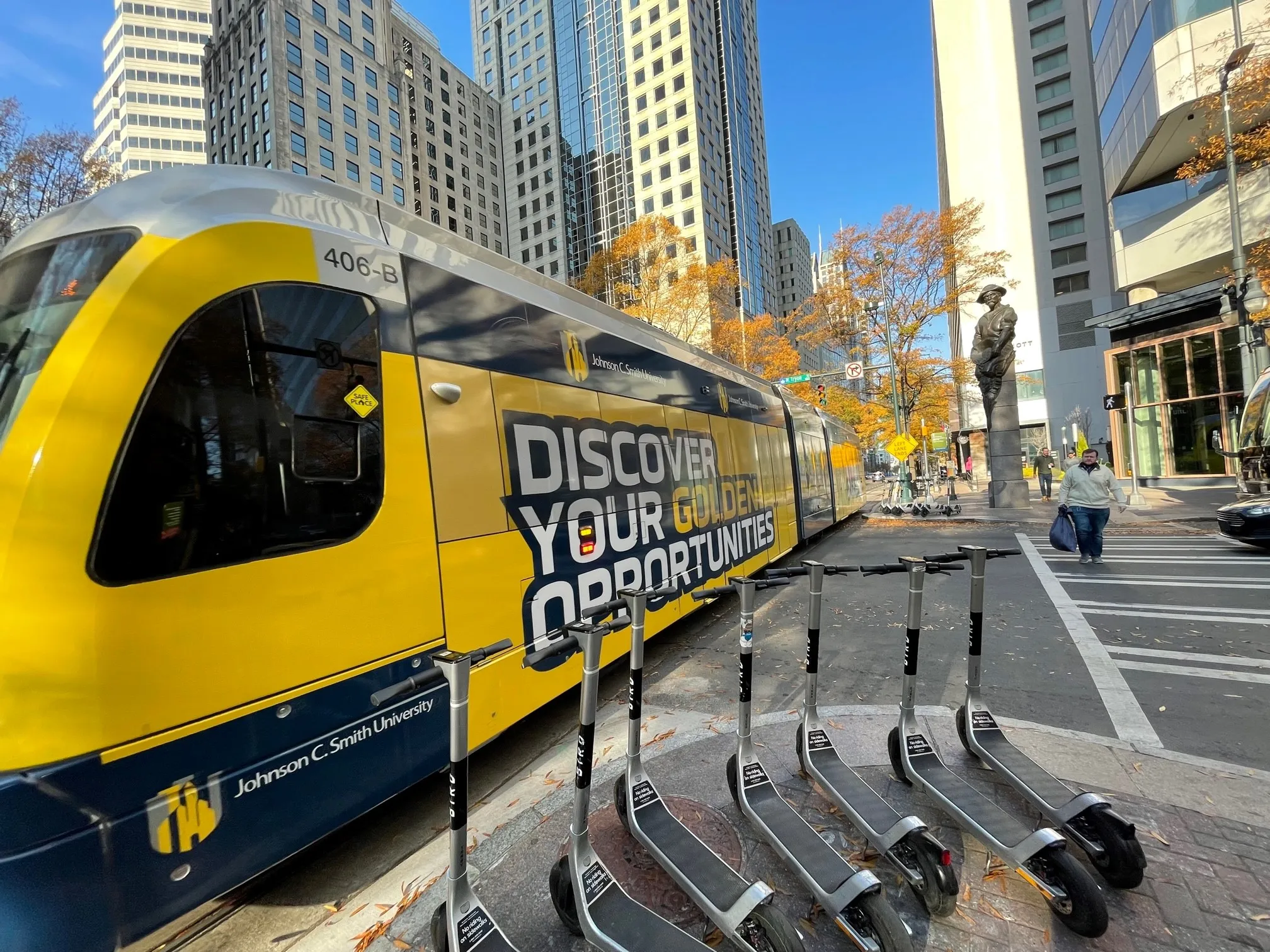UK-based design, engineering and project management consultancy Atkins is to assist the Colorado Department of Transportation (CDOT) in transforming the state’s aging transportation system into one of the safest and most reliable in the US.
CDOT has selected the company to provide program support for the RoadX Program, its commitment to rapid and aggressive implementation of innovative technology to revolutionise the state’s transportation system within the next ten years.
CDOT is investing US$20 m
June 27, 2016
Read time: 2 mins
UK-based design, engineering and project management consultancy 1677 Atkins is to assist the 5701 Colorado Department of Transportation (CDOT) in transforming the state’s aging transportation system into one of the safest and most reliable in the US.
CDOT has selected the company to provide program support for the RoadX Program, its commitment to rapid and aggressive implementation of innovative technology to revolutionise the state’s transportation system within the next ten years.
CDOT is investing US$20 million in the next year to combat congestion and improve safety through the use of technology. During the three-year contract period, Atkins and two other consulting firms will be advisors for all RoadX program activities, serving as an extension of staff and helping to move projects from conception through procurement to construction.
Colorado currently ranks 32nd out of 50 states in the quality of its roads, while the metro areas in Denver and Colorado Springs are some of the most congested cities in the country. Metro Denver ranks as 19th worst in congestion and 16th worst in trip reliability; congestion in Denver/Aurora costs US$1,101 per commuter per year.
The state’s population grew by 50 per cent in the last 20 years and is predicted to grow by another 50 per cent in the next 20 years. In 2014, 488 people died in traffic related crashes using Colorado’s transportation system and another 3,219 were seriously injured; in that year, the cost of all crashes in Colorado was US$13.27 billion, or approximately US$2,500 per person.
The RoadX program aims to tackle these issues, employing a multipronged DO-IT (deployment, operations, innovation, technology) approach with the objective of being the most efficient, agile and flexible system for delivering transportation technology. From 2016 to 2018, the program is slated to deploy technology that will reduce the cost of transporting goods by 25 per cent, turn a rural state highway into a zero death road and improve congestion on Colorado’s critical corridors.
CDOT has selected the company to provide program support for the RoadX Program, its commitment to rapid and aggressive implementation of innovative technology to revolutionise the state’s transportation system within the next ten years.
CDOT is investing US$20 million in the next year to combat congestion and improve safety through the use of technology. During the three-year contract period, Atkins and two other consulting firms will be advisors for all RoadX program activities, serving as an extension of staff and helping to move projects from conception through procurement to construction.
Colorado currently ranks 32nd out of 50 states in the quality of its roads, while the metro areas in Denver and Colorado Springs are some of the most congested cities in the country. Metro Denver ranks as 19th worst in congestion and 16th worst in trip reliability; congestion in Denver/Aurora costs US$1,101 per commuter per year.
The state’s population grew by 50 per cent in the last 20 years and is predicted to grow by another 50 per cent in the next 20 years. In 2014, 488 people died in traffic related crashes using Colorado’s transportation system and another 3,219 were seriously injured; in that year, the cost of all crashes in Colorado was US$13.27 billion, or approximately US$2,500 per person.
The RoadX program aims to tackle these issues, employing a multipronged DO-IT (deployment, operations, innovation, technology) approach with the objective of being the most efficient, agile and flexible system for delivering transportation technology. From 2016 to 2018, the program is slated to deploy technology that will reduce the cost of transporting goods by 25 per cent, turn a rural state highway into a zero death road and improve congestion on Colorado’s critical corridors.








